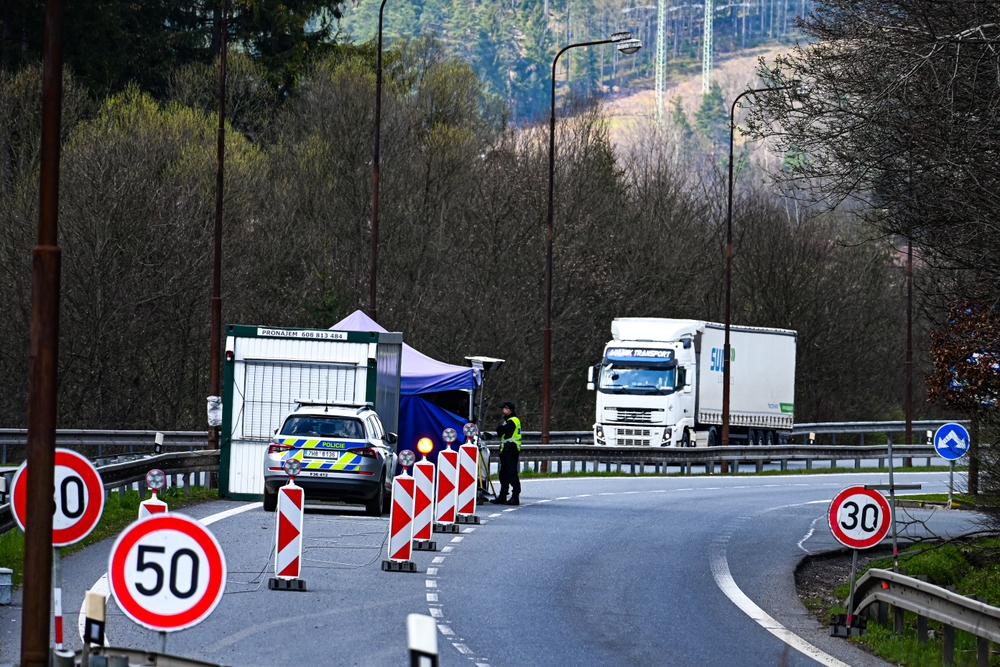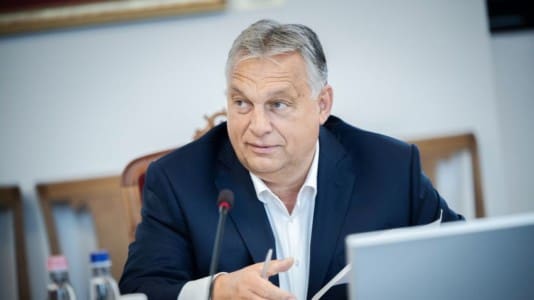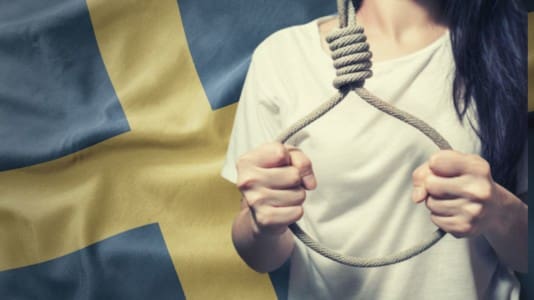Poland, Austria and Czechia will all introduce random checks at the countries’ borders with Slovakia from midnight on Wednesday following an influx of illegal immigration.
Temporary checks will be conducted along the length of the border for an initial 10-day period until Oct. 13.
They will focus specifically on road and railway border crossings, although, pedestrians and cyclists may also be asked for documentation. Anyone within the vicinity of the border may be requested to identify themselves.
“The numbers of illegal migrants to the EU are starting to grow again,” said Czech Prime Minister Petr Fiala following the announcement. “We don’t take the situation lightly.”
“Citizens need a valid passport or identity card to cross the border,” the Czech Interior Ministry added.
The Czech policy would also be adopted by neighboring Austria, the country’s Interior Minister Gerhard Karner confirmed.
Poland had already announced its intention to reintroduce checks on the Slovak border with the number of migrants along the Balkans migration route continuing to surge. Prime Minister Mateusz Morawiecki said last week he was “instructing Minister of Interior Mariusz Kamiński to check on buses, coaches, and cars crossing the border when it is suspected there could be illegal migrants on board.”
[pp id=93576]
“In recent weeks, we detected and detained 551 illegal migrants at the border with Slovakia. This situation causes us to take decisive action,” Kaminski added.
Slovak caretaker Prime Minister Ludovit Odor acknowledged the growing issue of illegal migration in his country but insisted that the problem needs a European solution rather than individual nations restricting border access.
He claimed that the decision by the three neighboring countries had been fueled by the Polish government, which is involved in a tightly contested election campaign, with Poles heading to voting booths on Oct. 15.
“The whole thing has been triggered by Poland, where an election will soon take place, and the Czech Republic has joined in,” Odor said.
Slovakia revealed last month that the number of illegal migrants detained by its authorities this year had soared nine-fold to over 27,000. The majority of detainees comprise young men from the Middle East using the Balkan migratory route through Serbia as they seek to migrate to northwestern Europe.
The winner of Sunday’s general election in Slovakia, former Prime Minister Robert Fico, has vowed to tackle the issue more robustly by promising to reintroduce border checks with neighboring Hungary.
“It will not be a pretty picture,” Fico told journalists as he threatened to use force to dispel illegal migrants detected on Slovak territory.






